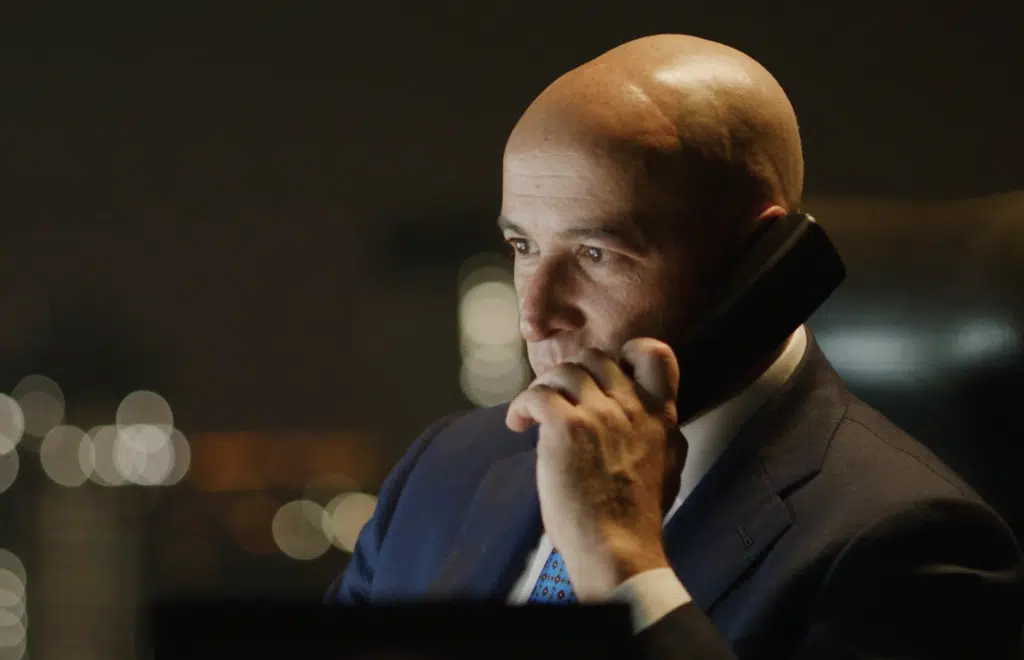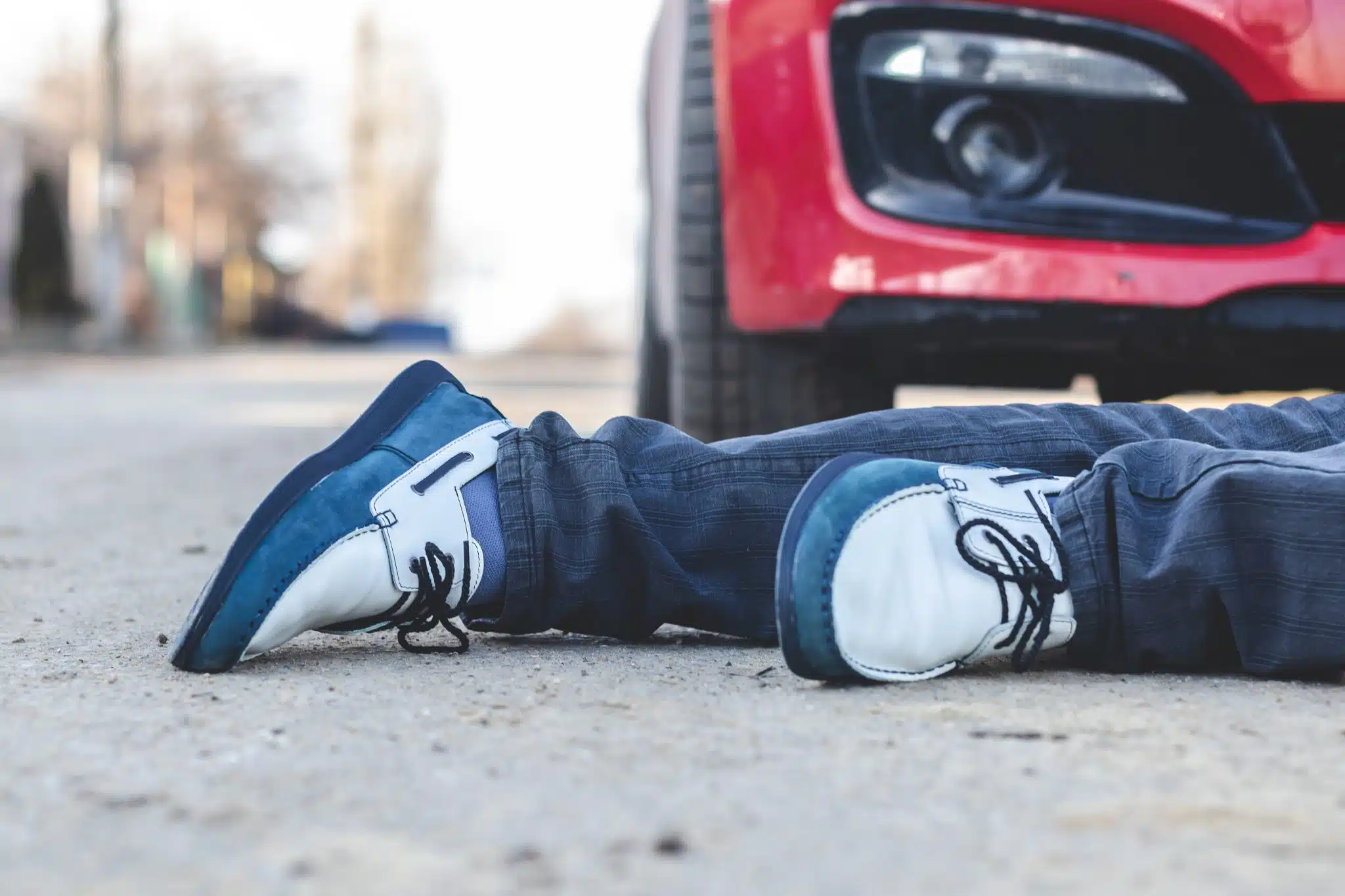
How Can a Motorcycle Helmet Affect Your Motorcycle Accident Case?
Motorcycling offers a unique sense of freedom and exhilaration that few other modes of transportation can match. However, this freedom comes with inherent risks.
In the event of an accident, the presence or absence of a helmet can significantly impact not only your physical well-being but also the legal and financial outcomes of your case.
Key Takeaways:
- Legal Compliance: Wearing a DOT-approved helmet is not just a safety measure but a legal requirement in New York, affecting both your safety and legal standing.
- Case Strength: Helmet use can significantly strengthen your position in legal proceedings and insurance negotiations.
- Injury Mitigation: While helmets can’t prevent all injuries, they play a role in reducing the severity of head trauma, which can be pivotal in both health outcomes and legal cases.
- Insurance Implications: Helmet use can affect insurance coverage, claims processes, and potential settlements.
- Legal Representation: An experienced motorcycle accident attorney can help you with your case.
The Importance of Motorcycle Helmets
Helmets play a role in maintaining situational awareness. Quality helmets are designed to reduce wind noise, protect against debris, and shield the rider’s eyes from wind and rain, all of which contribute to safer riding conditions.
Motorcycle Helmet Laws
Understanding the legal requirements for helmet use directly impacts your rights and responsibilities on the road and can significantly affect the outcome of an accident case. In New York, the law regarding motorcycle helmet use is clear.
New York Vehicle and Traffic Law Section 381(6) mandates that all motorcycle operators and passengers must wear a helmet that complies with the federal motor vehicle safety standards set by the U.S. Department of Transportation. This law applies to all riders, regardless of age or experience level.
Additionally, motorcycle operators and passengers are required to wear protective eyewear, such as goggles or a face shield. The only exception is if the motorcycle is equipped with a windscreen.
Federal Standards for Motorcycle Helmets
When choosing a motorcycle helmet, here’s what to look for:
- DOT Symbol: Check for the DOT symbol on the back of the helmet. This indicates compliance with Federal Motor Vehicle Safety Standard (FMVSS) No. 218.
- Certification Label: A properly certified helmet will have a label containing:
- Manufacturer name
- Model designation
- DOT
- FMVSS No. 218
- CERTIFIED
- Avoid Unsafe Options: Beware of novelty helmets that don’t meet safety standards. Some may have fake DOT labels, so be vigilant.
Important Note: The National Highway Traffic Safety Administration (NHTSA) doesn’t approve helmets directly. Instead, they conduct random tests to ensure compliance with safety standards.
Penalties for Non-Compliance
Failure to wear a helmet or proper eye protection can result in traffic citations and fines. More importantly, non-compliance with helmet laws can have severe implications in the event of an accident. This can potentially affect liability determinations and compensation awards.
How Wearing a Helmet Affects Your Case:
Wearing a helmet in compliance with state law can significantly impact the outcome of your motorcycle accident case in several ways:
1. Demonstrates Compliance with the Law
By wearing a helmet, you show that you were following the law at the time of the accident. This compliance can work in your favor during legal proceedings. It demonstrates responsible behavior and adherence to safety regulations.
2. Reduces Contributory Negligence:
In personal injury cases, the concept of contributory negligence can affect the amount of compensation you receive. By wearing a helmet, you minimize the chance that your actions could be seen as contributing to your injuries, potentially increasing your compensation.
3. Mitigates Injury Severity:
Helmets are proven to reduce the severity of head injuries in accidents. If you’re wearing a helmet and still suffer injuries, it’s clear that the accident’s impact was significant. This can strengthen your case for compensation, as it shows that your injuries occurred despite taking proper safety precautions.
4. Positive Perception by Jury or Judge
If your case goes to trial, wearing a helmet can create a positive impression on the jury or judge. It portrays you as a responsible rider who takes safety seriously, which can benefit your overall case.
5. Insurance Claims
Insurance companies are more likely to process claims favorably when the rider was following all safety protocols, including wearing a helmet. This can lead to quicker settlements and potentially higher payouts.
6. Medical Evidence
If you suffer head injuries despite wearing a helmet, it provides strong medical evidence of the accident’s severity. This can help prove the extent of your injuries and their impact on your life.
7. Strengthens Negligence Claims
If the other party was at fault, your helmet use strengthens your claim of their negligence. It shows that your injuries occurred despite your best efforts to protect yourself.
8. Preserves Your Right to Full Compensation
By wearing a helmet, you preserve your right to seek full compensation for all your injuries. Including those that could have been prevented or mitigated by helmet use.
9. Testimony Support
In cases involving head injuries, witnesses can more effectively testify about the accident’s impact when the rider was wearing a helmet. They can demonstrate how the injuries occurred despite proper safety equipment, potentially strengthening your case.
10. Sets a Clear Baseline for Injuries
Wearing a helmet provides a clear baseline for assessing injuries. It becomes easier to attribute your injuries directly to the accident rather than the lack of protective gear, which can be crucial in determining compensation.
Common Misconceptions About Helmets in Accident Cases:
There are several misconceptions about motorcycle helmets and their role in accident cases, such as:
- Misconception: “Helmets are not necessary for experienced riders.” Reality: Experience doesn’t make you immune to accidents or head injuries. New York law requires all riders to wear helmets, regardless of experience level.
- Misconception: “Wearing a helmet means I can’t claim for head injuries.” Reality: You can still claim for head injuries even if wearing a helmet. The helmet may have reduced the severity, but compensation for remaining injuries is still possible.
- Misconception: “Not wearing a helmet voids all my legal rights.” Reality: While it can negatively impact your case, not wearing a helmet doesn’t automatically disqualify you from seeking compensation.
- Misconception: “Helmets impair vision and hearing, causing accidents.” Reality: Properly fitted DOT-approved helmets are designed to maintain adequate vision and hearing.
- Misconception: “If I wasn’t wearing a helmet, I can’t sue the at-fault driver.” Reality: You can still pursue a case against an at-fault driver, though your compensation might be reduced.
- Misconception: “Wearing a helmet guarantees full compensation.” Reality: While it helps your case, wearing a helmet doesn’t automatically ensure full compensation. Other factors are also considered.
- Misconception: “Novelty helmets provide the same legal protection.” Reality: Non-DOT approved novelty helmets do not meet legal requirements and offer minimal protection in accidents and in court.
- Misconception: “Helmet laws infringe on personal freedom.” Reality: Courts consistently uphold helmet laws as a valid exercise of state power to promote safety.
- Misconception: “I don’t need a helmet for short trips.” Reality: Accidents can happen on any trip, regardless of distance. The law applies to all motorcycle rides.
How an Experienced Motorcycle Accident Attorney Can Help:
An experienced motorcycle accident attorney can be invaluable following an accident, especially when helmet use is a factor. Here’s how they can assist:
- Case Evaluation:
- Assess the strength of your case, considering factors like helmet use, liability, and potential damages.
- Provide an honest appraisal of what you can expect from legal proceedings.
- Evidence Gathering:
- Collect and preserve evidence, including helmet damage, medical records, and accident scene details.
- Identify and interview witnesses.
- Legal Strategy Development:
- Craft a legal strategy that accounts for helmet use and its impact on your case.
- Dealing with Insurance Companies:
- Handle all communications with insurance companies.
- Negotiate with insurers to seek fair compensation.
- Expert Witness Coordination:
- Identify and retain appropriate expert witnesses to testify about helmet use and injury correlation.
- Comparative Negligence:
- In cases where helmet non-use might be a factor, argue to minimize your assigned percentage of fault.
- Demonstrate how other factors contributed more significantly to the accident and injuries.
- Damages Calculation:
- Accurately calculate all damages, including medical expenses, lost wages, pain and suffering, and future costs.
- Legal Procedures and Deadlines:
- Manage all legal procedures.
- File all necessary paperwork accurately and on time.
- Settlement Negotiations:
- Conduct skilled negotiations to secure a fair settlement, using evidence and legal arguments to strengthen your position.
- Advise you on whether to accept settlement offers or proceed to trial.
- Trial Representation:
- If a fair settlement cannot be reached, provide strong representation in court.
- Present a compelling case to the judge or jury.
- Legal Updates:
- Keep you informed about the progress of your case and any significant developments.
- Addressing Helmet Law Violations:
- If you weren’t wearing a helmet, your attorney can help mitigate the impact of this violation on your case.
- Maximizing Compensation:
- Work to ensure you receive the maximum possible compensation, considering all aspects of your case, including long-term impacts of injuries.
- Post-Settlement/Verdict Assistance:
- Help with the distribution of settlement funds or collection of judgment.
- Assist with any appeals process if necessary.
Steps to Take After a Motorcycle Accident
- Seek Medical Attention: Even if you feel fine, get a thorough medical check-up. Some injuries may not be immediately apparent. Keep all medical records and bills for future reference.
- Document Your Recollection: Write down everything you remember about the accident. Include details about road conditions, weather, and your helmet use. This fresh account can be crucial later.
- Gather Evidence: Collect any photos or videos taken at the scene. Obtain a copy of the police report. Keep your damaged helmet and gear as evidence of the accident’s impact.
- Contact Your Insurance Company: After speaking with an attorney, report the accident, but be cautious about giving detailed statements. Understand your coverage and benefits before discussing specifics.
- Avoid Social Media Posts: Refrain from discussing the accident online. Social media posts can potentially be used against you in legal proceedings or insurance negotiations.
- Start a Case File: Organize all accident-related documents. Include medical records, repair estimates, and any correspondence related to the accident.
- Consult with a Motorcycle Accident Attorney: They can guide you on protecting your rights and potential compensation options.
- Follow Up on Medical Care: Attend all scheduled medical appointments and follow your doctor’s treatment plan diligently. This shows you’re taking your recovery seriously.
- Document Lost Wages: Keep track of any work missed due to the accident. Include potential future lost earnings in your documentation.
- Preserve Physical Evidence: Don’t repair your motorcycle yet. Store your helmet and riding gear safely as they may be important evidence.
- Be Cautious with Insurance Adjusters: Avoid giving recorded statements without legal help. Don’t accept early settlement offers without understanding your full damages and talking with a motorcycle accident attorney.
- Start a Pain Journal: Document your daily pain levels and limitations. Note how the injuries affect your daily life, as this can be valuable for your case.
Talk to a Motorcycle Accident Attorney About Your Case Today
Ultimately, the best approach is preventative: always wear a proper, DOT-approved helmet when riding a motorcycle. Not only does this comply with state law, but it also provides the best protection for your health and strengthens your position should you ever need to pursue a legal case following an accident.
In the event of an accident, consulting with an experienced motorcycle accident lawyer is important. That’s where the Rothenberg Law Firm LLP comes in. Contact us today for a free consultation so we can get you on the road to recovery.





